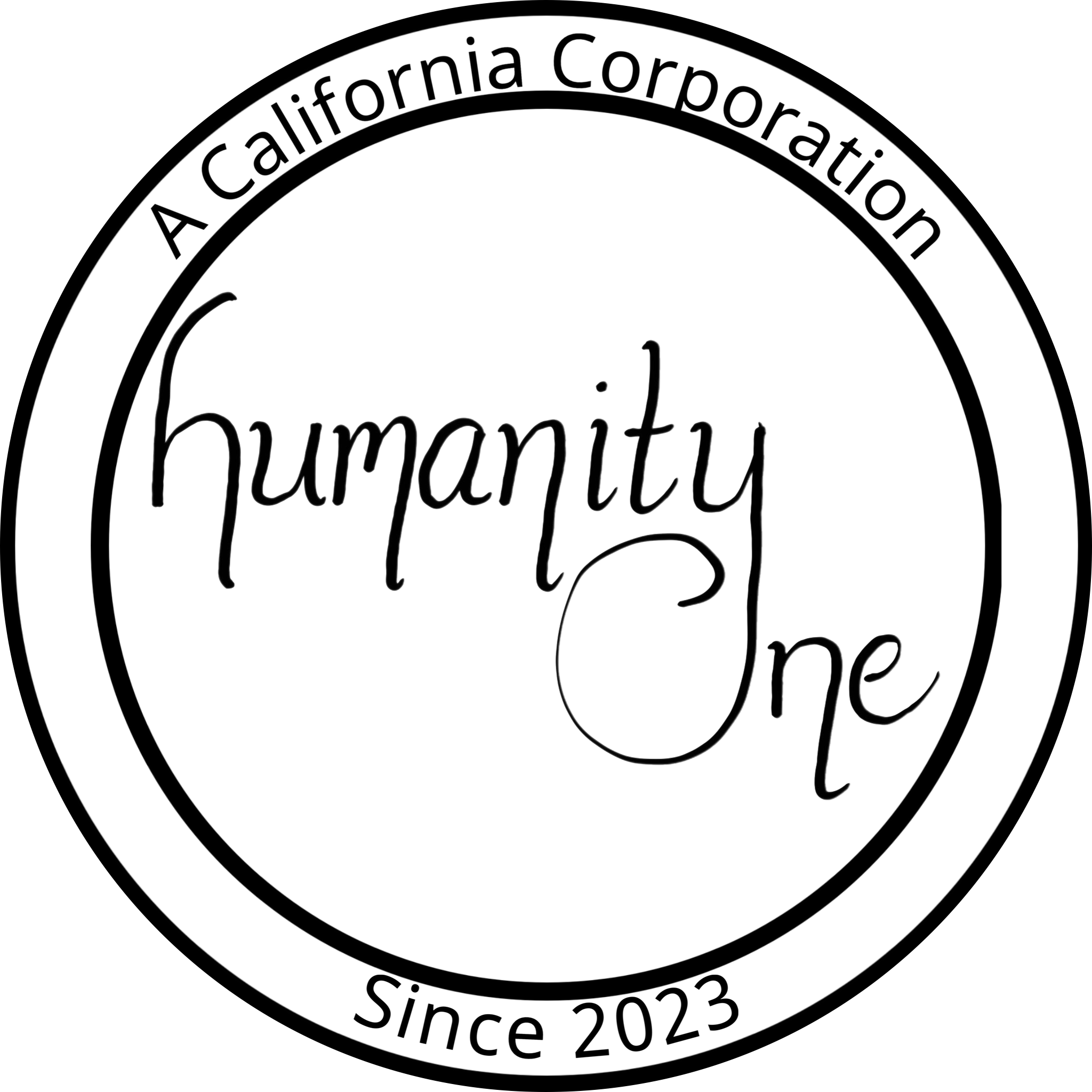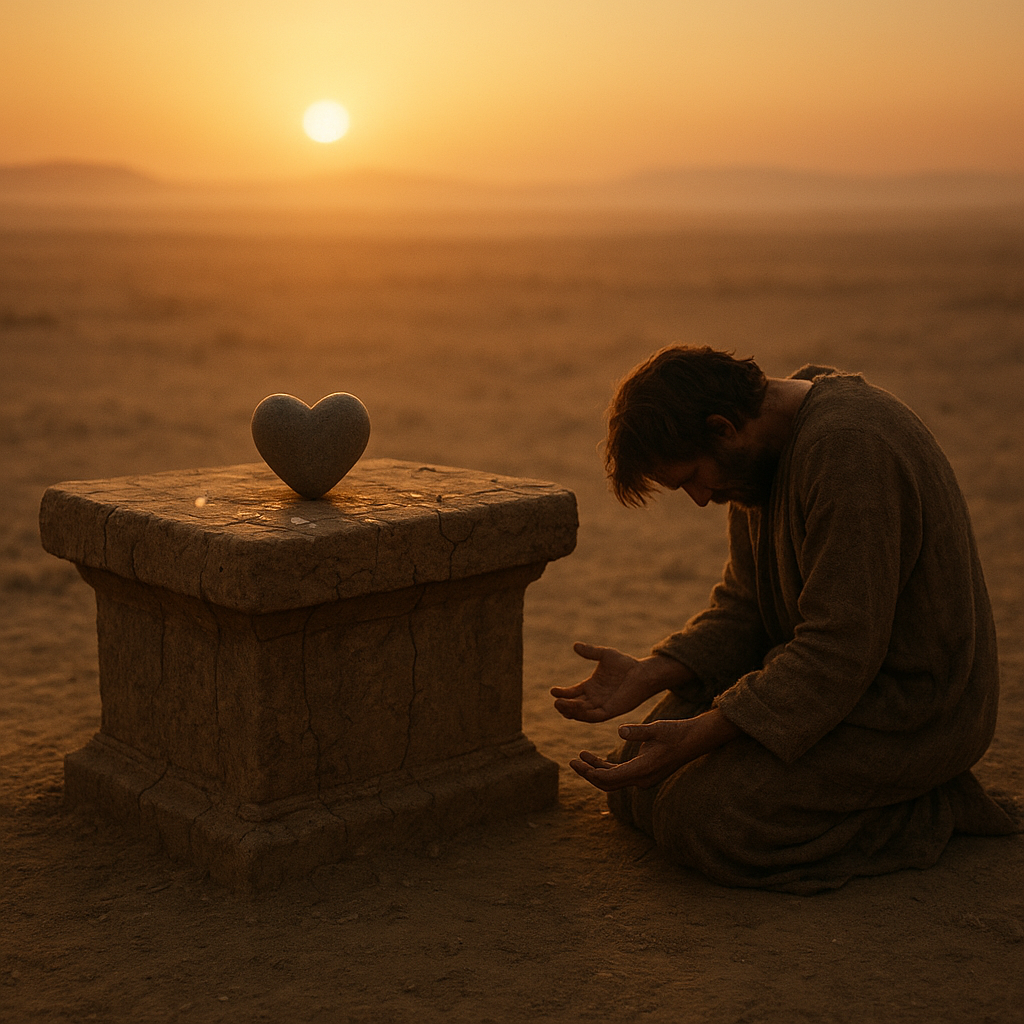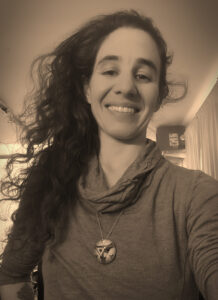These words touched me deeply. The most profound explanation/ advice I have ever heard on this topic. Thank you, thank you, thank you.
There are things we don’t talk about.
Not because we don’t want to—but because the words won’t come.
Because whatever happened… or didn’t happen…
whatever you did or failed to do—
it’s lodged in the body like a stone under the skin.
You try to move forward. You try to heal. You try to forgive yourself.
But then it hits you again— out of nowhere. A memory. A sound.
A quiet moment when the world stops and you feel the full gravity of what was lost,
what you broke, what you couldn’t fix.
Guilt.
Grief.
Shame.
Regret.
We treat these like diseases. Things to be cured. Purged. Exorcised.
But the Hebrew Scriptures do not advise erasure.
Rather, it is transformation we are to seek.
There is a concept of Teshuvah—it means return.
Teshuva is not about pretending something never happened.
It’s about walking back through the mess with your eyes open.
With your heart cracked. With your spirit changed.
We feel these things because care.
We feel guilt, which lets us know we’re still connected. Still responsible. Still human.
We feel grief, and this is what reminds us that love was real.
And that loss has weight.
And shame—when it’s not weaponized—can be the first whisper of an awakening.
A sign that we are not aligned with who we really are.
That we need to make some adjustments.
And how about regret?
Regret is the altar.
Its where we place our offerings.
Where we kneel before what we cannot change— yet still promise to live differently.
These feelings don’t make us unworthy.
They make us alive.
The soul of this tradition isn’t perfection.
It’s wrestling.
So if you are carrying something—
a death you couldn’t stop,
a word you wish you never said,
a silence that went on too long,
a moment you walked away when you should have stayed—
Don’t bury it. Don’t rush past it.
These feelings hurt because they matter.
They mean something.
We don’t grow by pretending they don’t exist. We grow by listening to them.
By letting them teach us. Shape us. Even undo us a little— so something new can take root.
So something new can be built from it.
In this world, the holiest spaces are often made from broken stones,
from wandering in the wilderness, maybe literally or perhaps just figuratively.
Because when we move through those spaces, we can transform the scar into a signpost.
And we can offer the weight as a kind of sacrament.
So let’s carry it, but not like a heart made of stone — more like a stone in your pocket.
A reminder. A guide.
Something you learned the hard way— but learned nonetheless.
And maybe that’s the best we get in this life.
Not perfect outcomes. Not clean slates. But changed people.
People who don’t run from the wreckage. People who sit with the ache.
People who make something sacred from their sorrow.
And maybe, in doing so, we can stop asking to be free from it—and start living in a way that redeems it.
Amen



One Comment